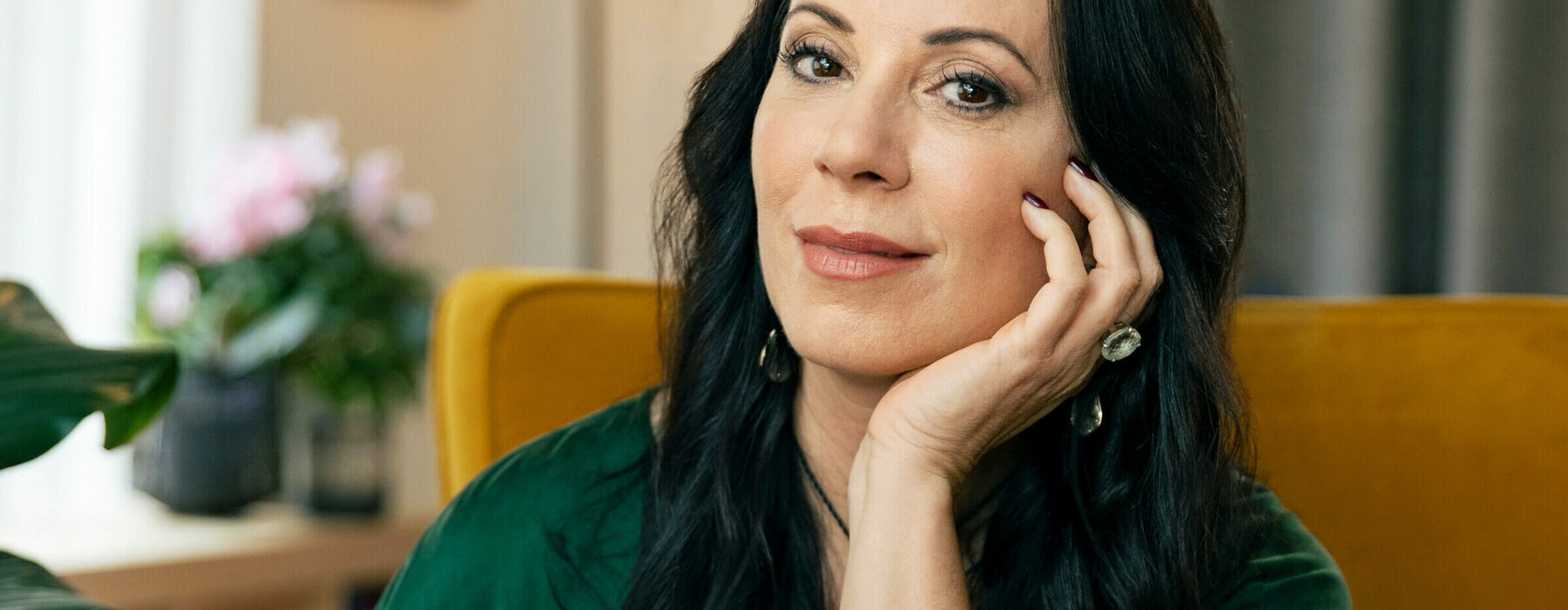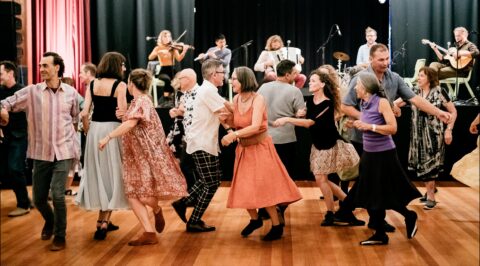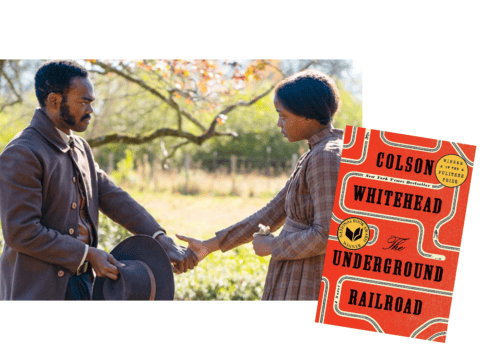Actress and playwright Tatiana Hotere has survived a range of deep emotions trying to overcome the grief of her husband’s sudden death five years ago. The pain for the Brazilian-born widow, who married Māori counsellor Jason Hotere 23 years ago, has been so intense that it triggered bouts of depression and suicidal thoughts. Tatiana turned to the one driving force in her life that ultimately saved her – writing.
The result is Skin Hunger, which will open in Auckland in September. The experience of creating the play has given her a new lease on life.
“Jason was my biggest cheerleader. There were many things I did in my life because Jason believed in me,” Tatiana says. “When he died, I had lost my best friend and partner. I lost the person I would be bouncing ideas from. I lost my rock.
“For a long time after he died, I truly felt I wasn’t connected creatively with anyone else, but now my words have come alive. I get to use the stuff that happened in my life to help other people.
“I felt like I had to write – it’s like a rebirthing. Not everything died with Jason. I didn’t realise that until I started getting back into something that I truly love, which is theatre and storytelling and working with people.”
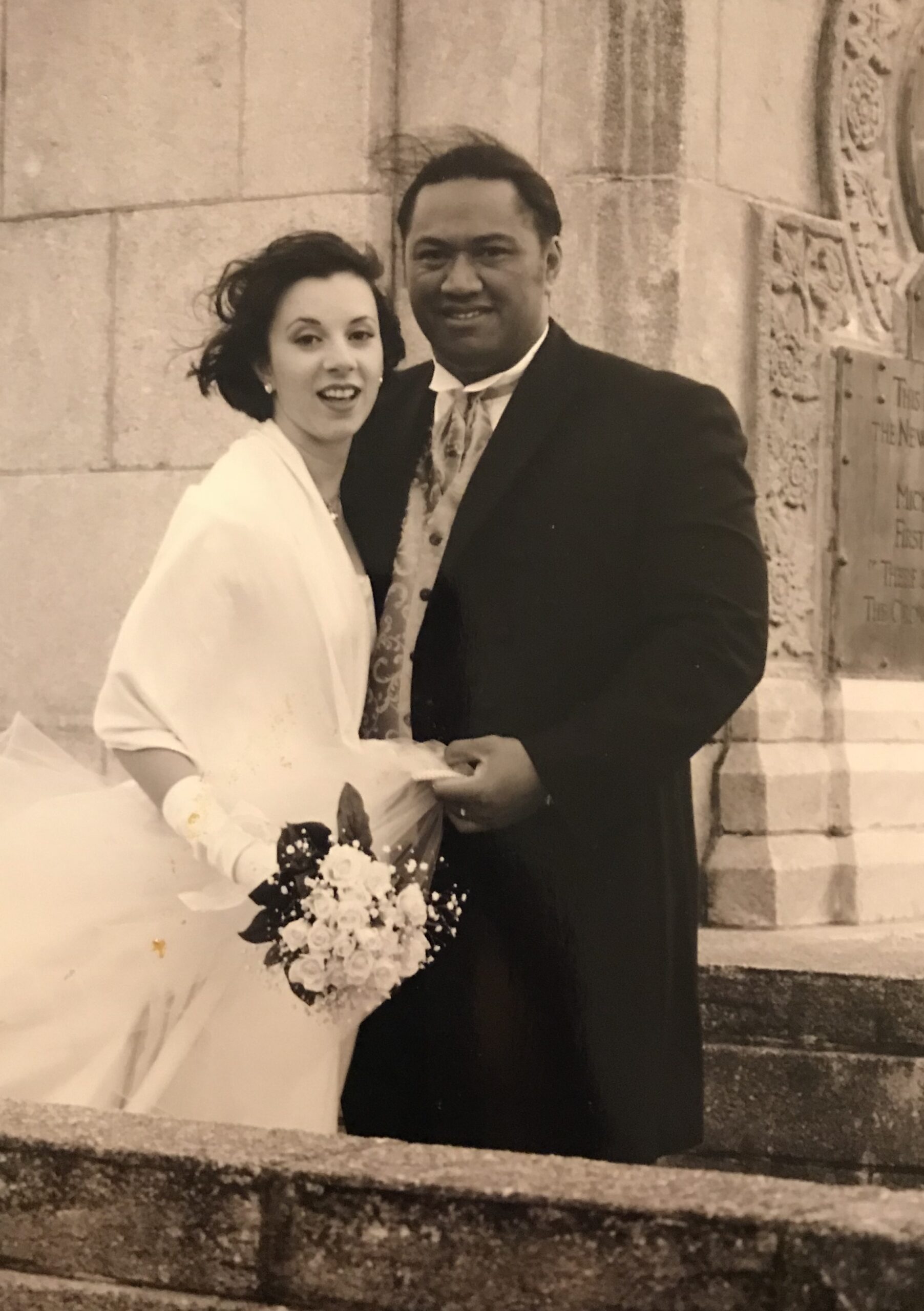
Tatiana, 48, is deeply spiritual and not only wrote Skin Hunger, but is also producing and acting in it. She admits the play’s themes might be controversial for some audience members. The fictional story is based on Tatiana’s experience and is about a wife discovering her sexuality after the death of her husband.
“My grief evolved. Initially it was the pain of Jason’s absence and that intense sadness of depression and anxiety then it was about the struggles of being a solo parent,” she says. “Then it was the struggle of having a body that is missing my husband.
“I remember one day, my best friend touched my face. It dawned on me that nobody had touched my face in two years. I held her hand there. How bizarre is that?
“Nobody had touched my face with that care and gentleness. I had this desire to be held, to be touched. I had this sexual, sensual desire from my husband and he’s not here. What is it that a Christian woman does when her husband is not here?
“Talking about a widow’s sexuality brings a lot of shame. I thought, this needs to be in a play. Why is it that sexuality is ignored or shamed in a religious context? We are taught the purity culture; save yourself until you get married and then you can have all the sex you want, and then what?
“The purity culture does not address what happens after the wife or husband dies. A man who loses his wife is encouraged to put himself out there because of his ‘needs’. A woman loses her husband and no one talks about her sexuality; she becomes asexual.”
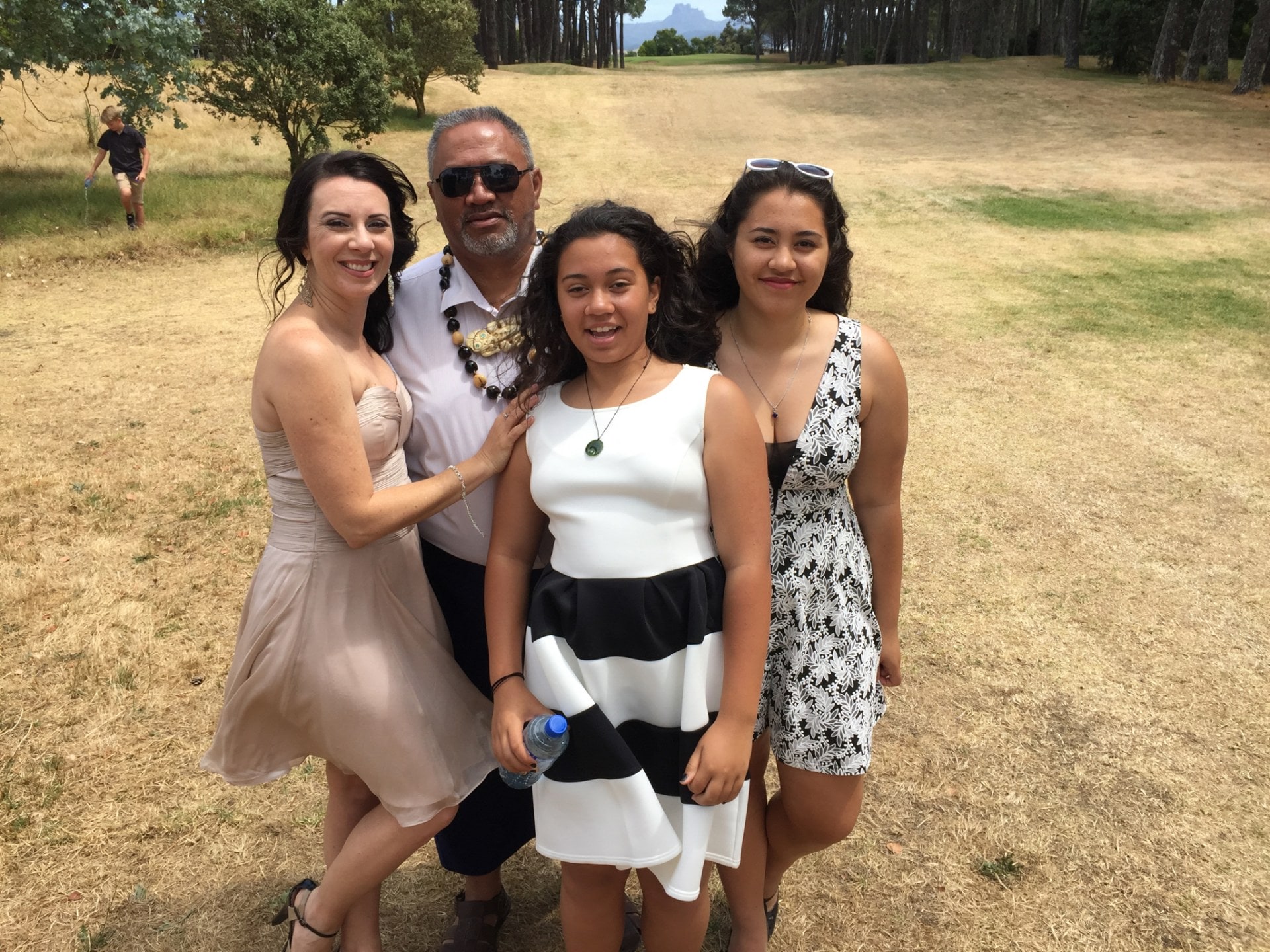
The title of the play, Skin Hunger, is a medical term for when a person, usually a newborn baby, is deprived of human contact. Studies have shown it can cause psychological damage.
“I named the play Skin Hunger because that is how I felt; that my skin was hungry to be touched,” Tatiana says.
“The play is for women like me, who are in their 40s and thrust into a life they didn’t choose.
“I don’t give answers in the play. What I want to do is open up a dialogue about something that is extremely important but highly ignored. I want this play to be a permission slip for men and women to grieve the way they need to grieve and discover themselves.”
Tatiana was born in Santos, Brazil, and grew up in the city of Tupã. She always had a passion for the arts, working as a dancer and actress in regional theatres in her country. She met Jason 24 years ago when they both worked for Christian organisation Youth With A Mission. Tatiana was a performer and Jason worked with “Team Extreme”, a group that ran shows around the world performing feats of strength such as lifting cars and bending steel rods.
“The first time I met him, I saw this massive, tall Māori man with long curly hair wearing a lavalava,” she says. “I was wondering, why is this man wearing a skirt? I had never seen a Māori man before so he looked very exotic to me. He had the most beautiful smile. Some people have this mana, this presence, and he was all of that.”

The pair had instant chemistry and formed a friendship despite language barriers. Jason did not speak Portuguese and Tatiana did not speak English. They wrote each other letters which they had to translate with dictionaries.
The pair’s romance grew and they moved to the US. When Jason proposed to Tatiana, it was the first time they were physically intimate and kissed. They married on Auckland’s Bastion Point in an impromptu wedding in 1999 during a visit to Jason’s whānau. They moved to Aotearoa permanently in 2003 when Jason’s father fell ill. They had two daughters – Taimane, 20, and Kiana, 18.
“He was imposing because of his size and his largeness as a human being but he was also very humble. I think it’s a very interesting combination because not everybody can be both. He was a kind man. A real gentle giant. To me, he was magnificent.”
When she moved to New Zealand, Tatiana’s creativity flourished and she had Jason’s full support. She enrolled at The Actors’ Program in Auckland and studied a Masters in Creative Writing, working on a romantic film based on her and her husband’s love story. “I wrote a story of a Brazilian woman that meets a Māori man and when they go to the tangi of his father, she breaks all of the protocols. This kind of actually happened so there was a lot of Jason in the script.”
Jason worked two jobs, including as a counsellor at St Peter’s College in Auckland to support Tatiana’s creative endeavours. Five years ago, at the age of 50, he died of a heart attack while working on the TV show Power Rangers.
“It was 10pm. I heard a knock at the door and as I was coming down the stairs, I already knew. The experience of losing someone who is dear to you shapes you and marks you. It feels like you’re not the same person after you go through that. Jason’s death really was the mother of all losses. When he died, I felt like I was going to die as well.”
Jason had a traditional Māori tangi, and the experience helped Tatiana.
“The way Māori tangihanga happens is so wholesome,” she says. “A tangi allows time for the waves of grief to subside. You’re allowed to express your grief, it’s encouraged. You can talk about that person, and there is a witness there. Grief needs to be witnessed. There is nothing to be fixed but you can look at people’s pain and say I am here; you are not alone.
“The tangi creates that frame that holds you when everything feels like it’s been ripped to shreds and you feel like you have no ground to stand on. Jason’s tangi was a combination of the most devastating moment in my life but also feeling the most support I’ve ever felt.”
After burying Jason, Tatiana had to navigate life without her husband. She says grieving in a country that is not your birth home is a barrier.
“You don’t have the foods that you grew up eating that are comforting to you. You do not speak your own language to people around you. Those little, tiny things that make up your culture that are so frivolous and ordinary are the things you want when you’re grieving but you can’t have them because you’re halfway across the world.”
Despite the hardships, moving back to Brazil was never an option because of her two children. “My children have been raised here, this is their whenua, this is where they have their roots. I wanted to make sure my girls had the support and familiarity they needed to be able to grieve their dad.
“I decided early on that I was going to feel all of the feelings of grief. My love for Jason was very strong and I felt that my grief was an extension of that love.
“My early grief felt like anger and fear all the time. That was the undercurrent of my life for more than two years. This was my cross to bear and nobody could carry this for me. It was finding those little things for the day. How do I put one foot in front of the other? I remember in the beginning, I couldn’t get up in the morning and face the day. When it came to the end of the day, I’d cry myself to sleep. It was like Groundhog Day.”
After bouts of depression, panic attacks and suicidal thoughts, Tatiana learned how important it was to talk to her loved ones and ask for help. “I contacted my close family and friends and said I need people who will be able to answer their phones when I call. That I needed them to be with me when I’m in those dark places. I’m glad I did this because I couldn’t get through it on my own. There were plenty of times when I called my friends when I was in distress and they all showed up for me.”
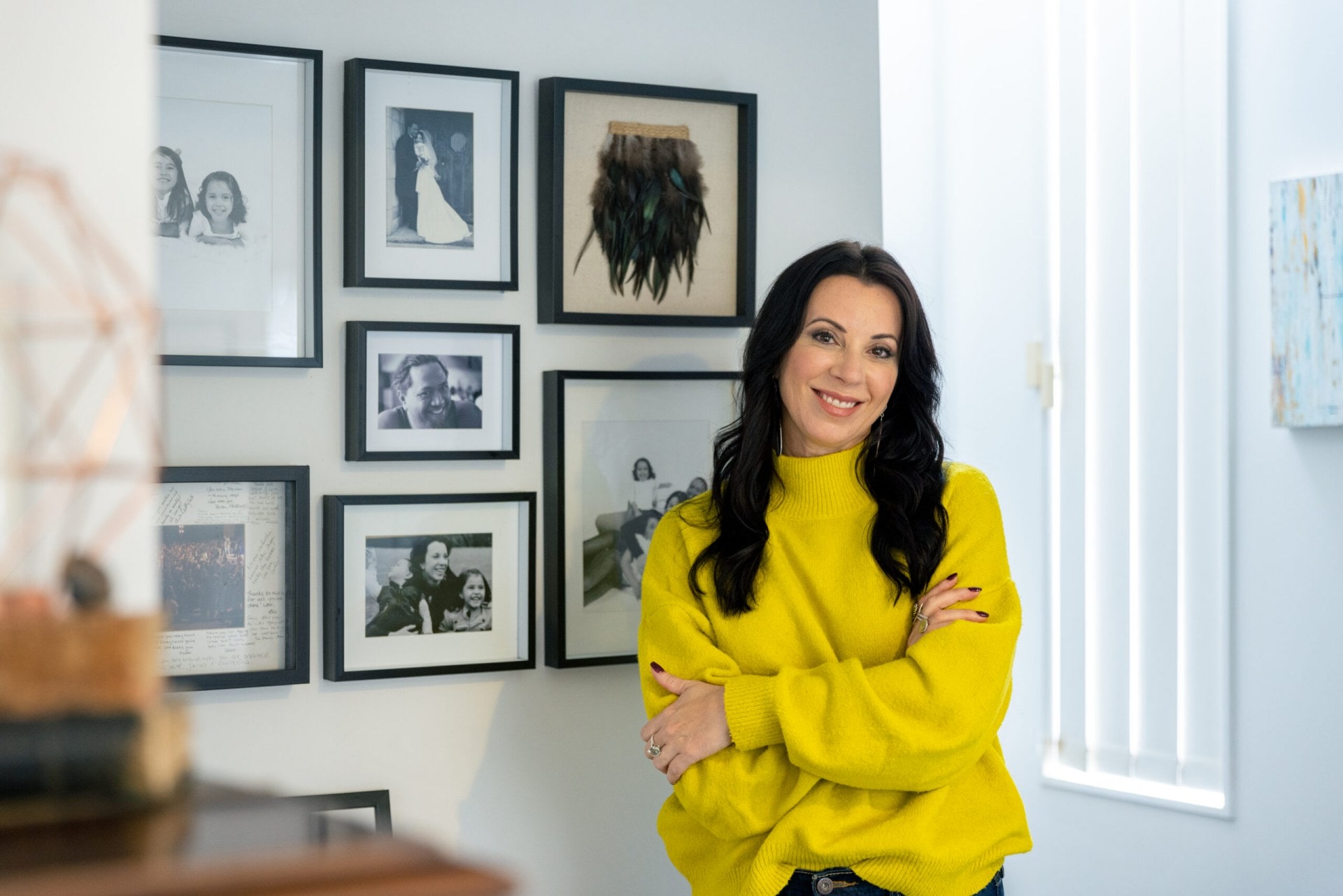
After three years of hardship, Tatiana knew she had to get better for her children. “My children would have lost two parents if I did not find a way to deal with this grief. I’m never going to be okay in the way I was okay before Jason died, but I needed to find a new way to live my life, to be okay with the pain, not try to get rid of it.”
Tatiana started a blog and podcast, Crazy Grief, a platform through which she could share her journey. It gained a loyal following and many reached out to tell her it was helping them through their own struggles. She also returned to acting, playing main roles in films such as The Tender Trap, about Kiwi drug mule Sharon Armstrong, and the recent Netflix series Surviving Summer.
But it is her new play, Skin Hunger, that she is most passionate about.
“When I wrote Skin Hunger, I typed until my fingers were numb,” Tatiana says. “Creative writing was an outlet for me. It didn’t fix anything, but it gave me space when I needed a break from the pain; I could look at it in an objective way and it gave me a little respite to heal and process it.
“I love myself in a much healthier way than before. Through grieving my husband, I have created a life for myself that I am proud of. It saddens me that I had to lose my husband to find myself but at the same time I’m grateful for the journey I have gone through.”
Skin Hunger opens on September 13 at Basement Theatre as part of the Auckland Fringe Festival.
This is public interest journalism funded by NZ on Air.

